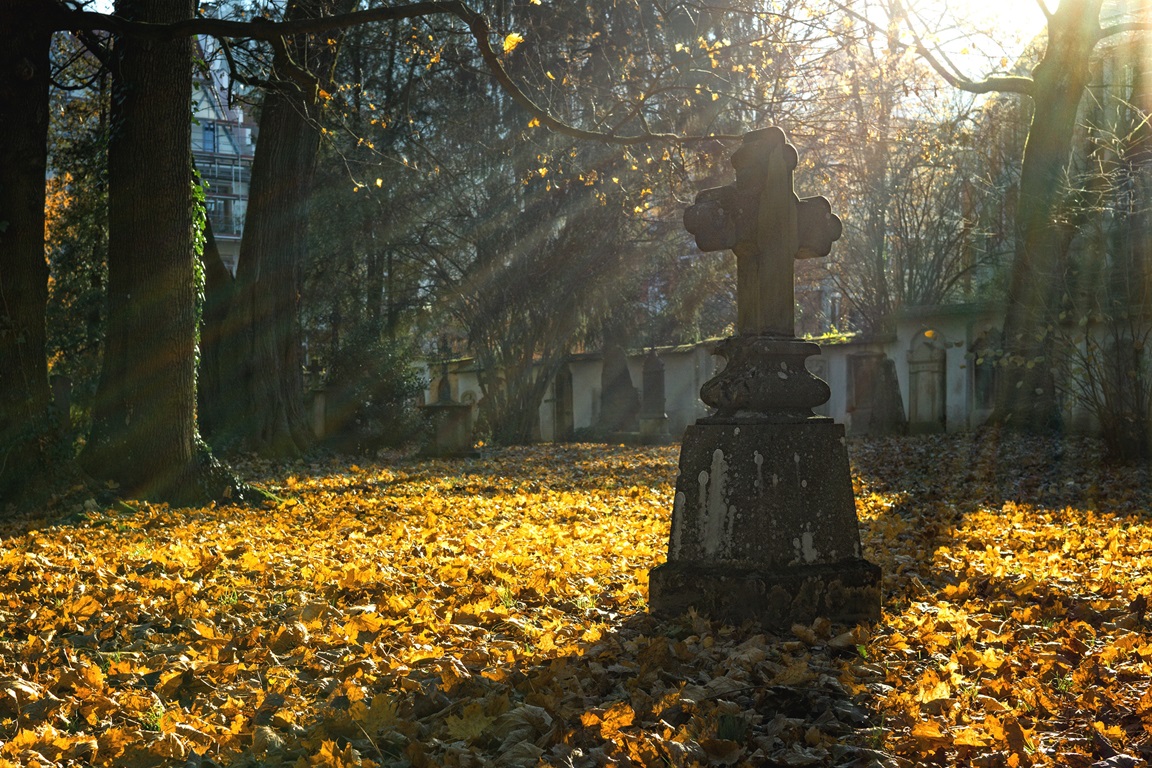Do they go directly to heaven or hell or to a holding place until Christ returns for the final judgment?
Throughout history, people have wondered what happens immediately after death. While we may want a clear cut answer, United Methodists do not provide one in our doctrinal statements. This is because the scriptures themselves offer no one clear teaching on what happens to the dead between their death and the resurrection and judgment at the Last Day.
Instead, we are called simply to trust God that we are in Christ's care and keeping. It is that faith that calls us to trust that God holds answers that humanity cannot yet understand. We find in Hebrews 11:1: "Now faith is the assurance of things hoped for, the conviction of things not seen." While the Protestant tradition teaches us certain aspects of the afterlife, there is still much that remains held in the mystery of God that requires simple faith.
Want to learn more?
Many Christians through the centuries have believed that when persons die, they remain dead (asleep) until the final judgment, at which time they are resurrected to life or punishment at Christ's final judgment.
Thomas G. Long, professor at Candler School of Theology, explains,
“There are two images in the New Testament about what happens. First, the Resurrection Day, when the trumpet will sound and the dead will be raised up incorruptible. If you only had that image, what we would imagine is that when people die, they lie in some intermediate state awaiting the great Resurrection Day.
"The other image, however, is that death contains no victory over us at all. As soon as we die, we are with God. We get this in the Book of Revelation where John looks up and already the saints who have died are praising God around the throne. In terms of linear time, we can’t work this out. We’ve got these two competing images: You either wait until the general resurrection or you go immediately to be with God.
"But the imposition of linear time on what is an eternal idea is what creates the contradiction. I don’t try to make a theologian out of Einstein, but he did show us that events that happen in sequence can also be events that happen simultaneously. If Einstein can imagine that in terms of physics, theologians can imagine it also in terms of the intrusion of eternity into linear time—that we are both immediately raised and raised together.” (What Happens When We Die?)
Purgatory is believed to be a place where the souls of the faithful dead endure a period of purification and cleansing, aided by the prayers of the living, prior to the resurrection, final judgment, and new creation. Protestant churches rejected the Roman Catholic idea of purgatory.
To be clear, it is this particular description of the intermediate state between death and resurrection that Protestants, including the Wesleys and our EUB and Methodist forebears, have rejected. We have not rejected the idea that there may be some sort of intermediate state.
John Wesley believed in an intermediate state between death and the final judgment. United Methodist theologian and historian Ted Campbell notes, “we reject the idea of purgatory but beyond that maintain silence on what lies between death and the last judgment.” (Methodist Doctrine: The Essentials)
Whatever happens immediately after death, we live with hope in life eternal and in the assurance that "neither death, nor life, nor angels, nor rulers, nor things present, nor things to come, nor powers, nor height, nor depth, nor anything else in all creation, will be able to separate us from the love of God in Christ Jesus our Lord." (Romans 8:38-39).
This content was produced by Ask The UMC, a ministry of United Methodist Communications.





